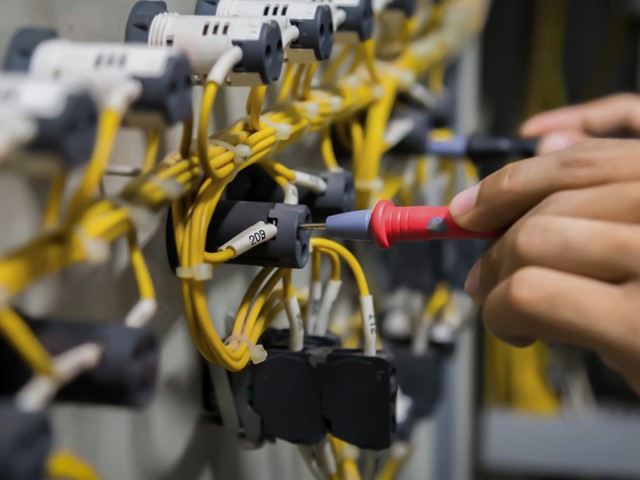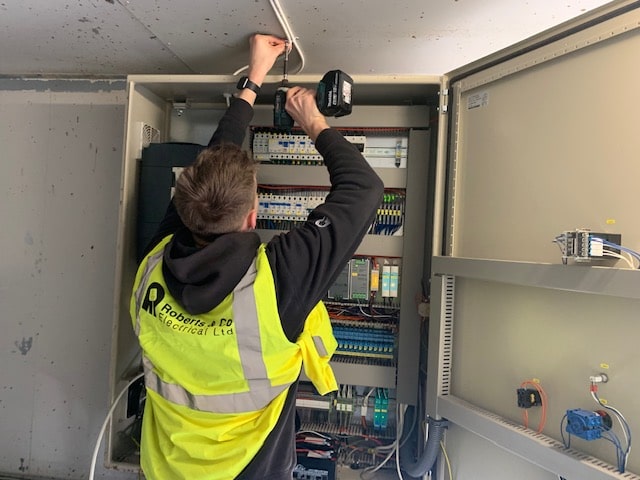
Electrical Safety Tips for Homeowners
Electricity is an essential part of our daily lives, powering our homes and providing us with comfort and convenience. However, it’s important to remember that electricity can be dangerous if not handled properly. Electrical accidents can lead to fires, injuries, or even fatalities. As a homeowner, it’s crucial to prioritize electrical safety to protect your home and loved ones. In this blog post, we will explore essential electrical safety tips that every homeowner should know. By following these guidelines, you can ensure a safe and secure electrical system in your home.
Regular Electrical Inspections:
Regular electrical inspections are crucial to identify any potential hazards or issues within your electrical system. Hire a certified electrician to conduct a comprehensive inspection of your home’s wiring, outlets, switches, and appliances. They can identify outdated or faulty components that may pose a safety risk. Ideally, schedule an inspection at least once every five years or as recommended by the electrician.
Avoid Overloading Outlets:
Overloading outlets is a common cause of electrical fires. Be mindful of how many devices you plug into a single outlet or power strip. Spread your electrical load across multiple outlets and never use extension cords or power strips as a permanent solution. If you frequently find yourself in need of additional outlets, consider consulting an electrician to install more outlets in your home.

Use Surge Protectors:
Power surges can damage sensitive electronics and increase the risk of electrical fires. Protect your devices by using surge protectors. These devices help regulate voltage spikes and provide a safe level of power to your electronics. Invest in high-quality surge protectors and make sure to replace them every few years, as they can wear out over time.
Keep Water Away from Electricity:
Water and electricity don’t mix. Ensure that all electrical appliances and outlets are kept away from water sources like sinks, baths, or swimming pools. Install Ground Fault Circuit Interrupters (GFCIs) in areas where water is present, such as kitchens, bathrooms, and outdoor outlets. GFCIs are designed to cut off power if they detect a ground fault, reducing the risk of electrical shock.
Practice Cord Safety:
Damaged or frayed cords pose a significant electrical hazard. Regularly inspect your cords for any signs of wear and tear, and replace them if necessary. Never pull a cord from the wall by yanking on the cord itself; always grip the plug. Additionally, ensure that cords are placed away from high-traffic areas and are not pinched by furniture or doors, which can damage the cord insulation.
Teach Electrical Safety to Children:
Children are naturally curious and may not fully understand the dangers of electricity. Educate your children about electrical safety from a young age. Teach them not to play with electrical outlets, cords, or appliances. Use outlet covers to prevent young children from inserting objects into sockets, and explain the importance of seeking adult help when dealing with electrical issues.
Electrical safety is not an area to be overlooked by a homeowner. By implementing these electrical safety tips, you can create a secure environment for your family and protect your home from electrical hazards. Regular inspections, mindful usage of outlets, proper cord management, and teaching children about electrical safety are all vital steps toward a safer home. Remember, when it comes to electricity, it’s better to be safe than sorry. Visit the official site in this link for more tips on electrical utilities.






